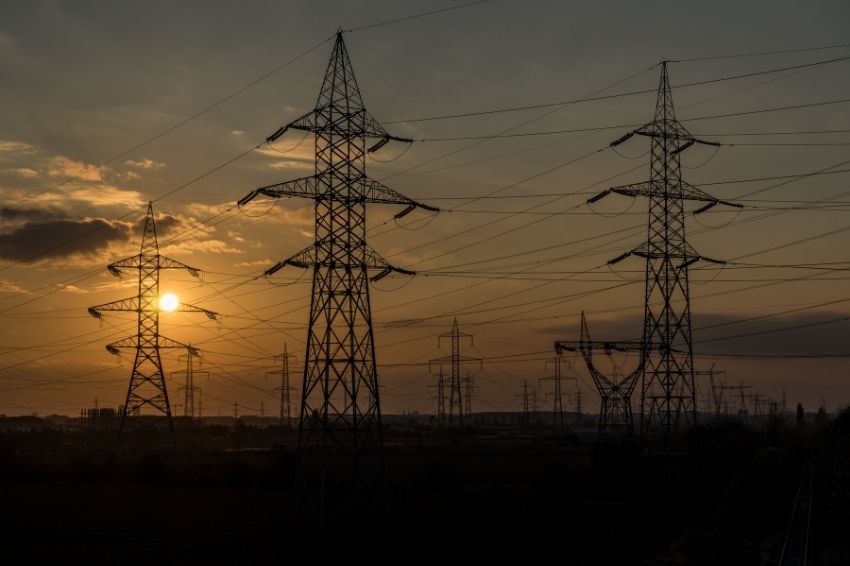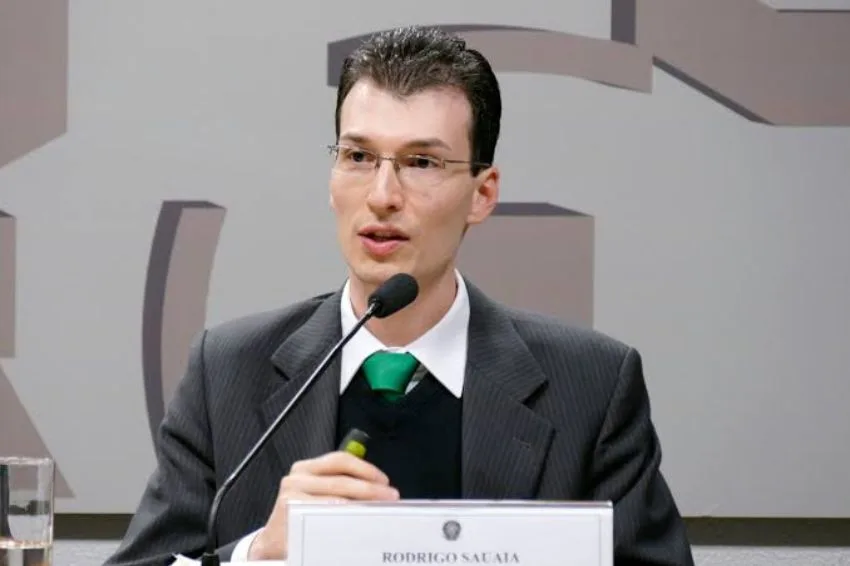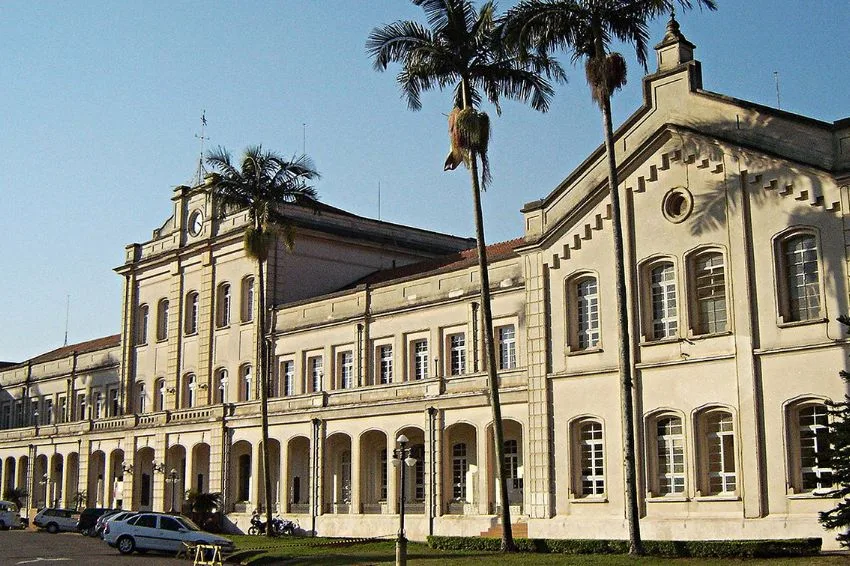ANEEL (National Electric Energy Agency) approved, this Thursday (03), the opening of a public consultation aimed at promoting a loan of R$ 10.8 billion to the electricity sector. The amount will be financed by public and private banks.
O The amount will be used to reimburse the amount paid by distributors, which paid for the generation of energy by thermoelectric plants, which reached its peak last year during the biggest water crisis in the last 91 years.
The operation, therefore, should avoid high adjustments in consumer tariffs in 2022. The resources, however, will be paid from 2023, with interest accruing, which will increase Brazilians' electricity bills. Currently, electricity is one of the main “villains” behind high inflation in Brazil.
At this moment, ANEEL is working on the proposal to divide the loan amount into two stages: a first installment (worth R$ 5.6 billion) to cover the balance of Water Scarcity flag, which ends in April 2022; the import of energy for the months of July and August last year, in addition to the bonus granted to consumers who saved energy.
The second installment (from R$ 5.2 billion) would be intended to cover the costs of the plants contracted in the emergency energy reserve auction, held in December last year, exclusively to offer energy generation via thermoelectric plants.
Bernardo Marangon, electrical engineer and director of the company Exata Energia, explains that the measure adopted by ANEEL is far from being unprecedented in the country. According to him, this is the same financing model used at other times, such as in the water crisis of 2014 and 2015, and in the Covid Account last year. “In this case, it is a movement that seeks debt through bank loans to mitigate the growth in energy tariffs in 2022”, he explains.
Marangon, however, draws attention to the impacts that the measure will bring to the country. “Brazil will have a high bill to pay in 2023 due to the activation of thermoelectric plants, the costs of which cannot be covered by tariff flags and the charges that consumers pay. This account was taken over by the distributors and has to be passed on to consumers”, he emphasizes.
Impacts on the market
According to Marangon, the expected increase in the value of energy tariffs across the country from 2023 onwards will encourage Brazilian consumers to look for solutions that help save money when paying their electricity bills. The main one, he believes, will be the adoption of photovoltaic panels. “The higher cost of energy makes consumers look for alternatives in relation to this increase, which, naturally, makes investments in solar panels a more profitable option”, he highlights.
Arthur Santini, director of Ecori Energia Solar, also has the same vision as Marangon. “Last year, electricity was one of the items that pushed inflation up. As a result, solar energy becomes increasingly viable, because the higher the cost of electrical energy, the faster the system’s payback (return on investment) will be”, he points out.
Resident of Campinas (SP), mechanical engineer, João Henrique de Oliveira, says that this week, he installed 8 photovoltaic panels at his home. His objective is one: to save money amid the increases that lie ahead. “The electricity bill has increased dramatically in recent years and we know it won’t stop there. Currently, the household electricity bill is almost R$ 500 per month and the expectation is to reduce it by more than 80% (with the installation of solar panels)”, said the engineer, who still expects to obtain a return on investment of around 4 years.
















One Response
I'll be very succinct. The truth is that the electricity market has become a scam to generate exorbitant profits for distributors and their shareholders.
I ask: how is it that in the middle of February where 1MW/h is costing R$ 55.00 according to the CCEE quote and the concessionaires and the government are charging 20% for water scarcity? In my opinion, this is a blatant assault on the consumer!
If there was no rain and the dealerships suffered losses, that's their problem, it's a business risk! The consumer has nothing to do with this! I ask again: when in the past, did they make profits and share them with the consumer?
Please Brazilian brothers, let's wake up and let's fight. This cannot continue!